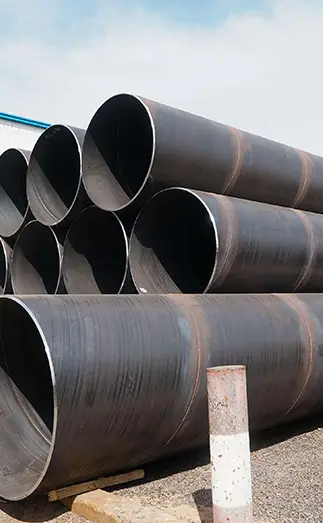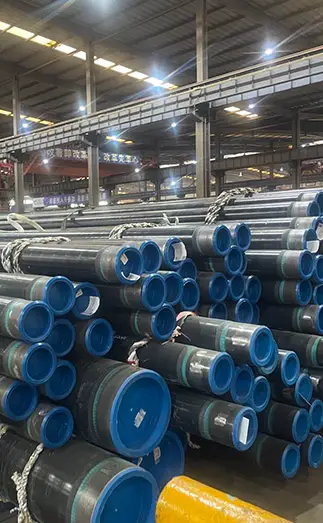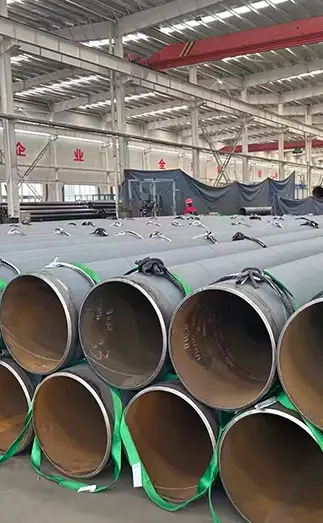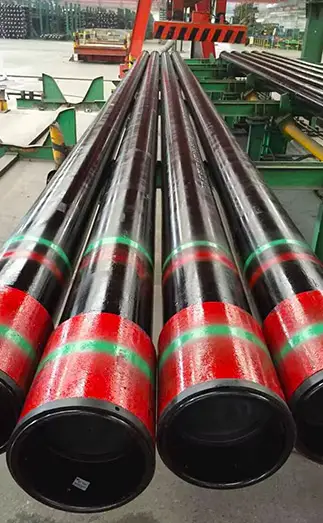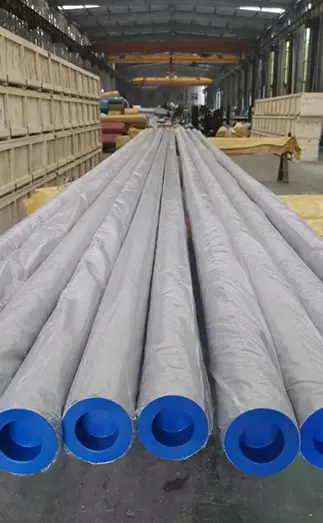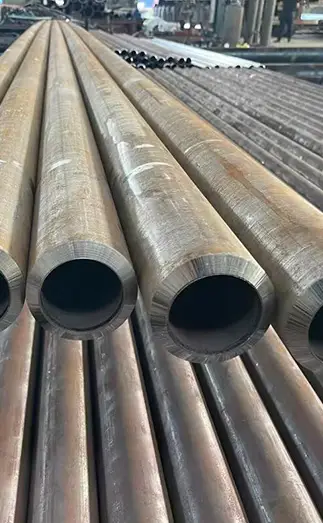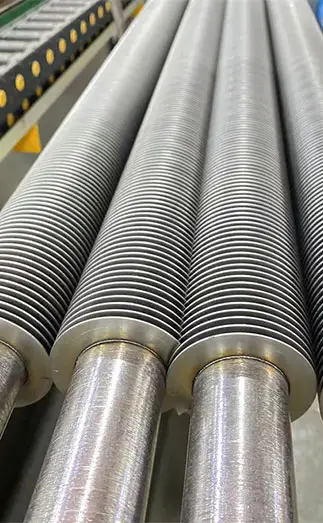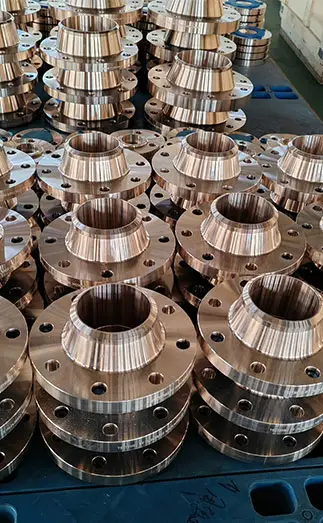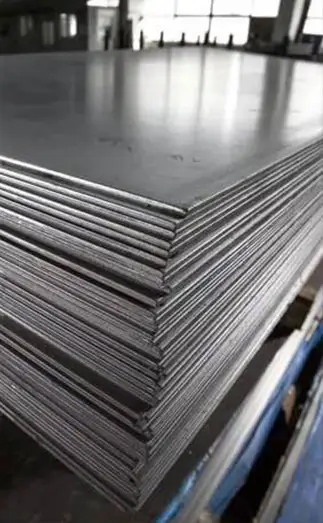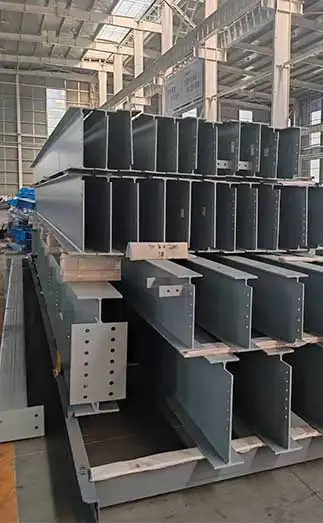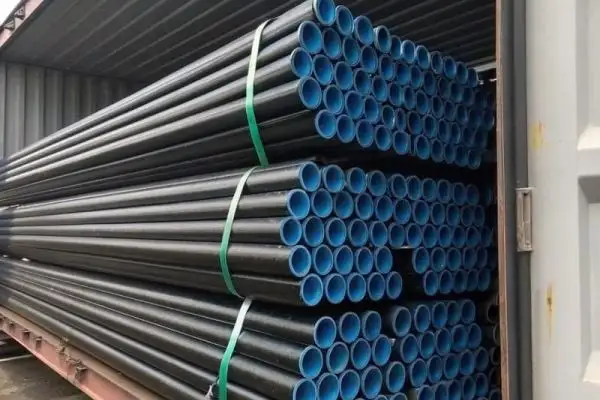In the oil and gas industry, selecting a reliable OCTG (Oil Country Tubular Goods) pipe supplier is critical. The quality and performance of OCTG pipes directly impact the safety, efficiency, and longevity of oil and gas wells. To help you make an informed decision, this article outlines six essential factors to consider when evaluating OCTG pipe suppliers.
Super Steel Manufacturing Co.,Ltd is professional OCTG pipes manufacturer, for more details, please contact:sales@super-steels.com
1. Product Quality
Material Selection
Top-tier OCTG pipes are typically made from carbon steel, alloy steel, or stainless steel, and must conform to international standards such as API 5CT or ISO 11960. A trustworthy supplier will use high-grade materials to ensure strength and durability in demanding environments.
Performance Testing
Suppliers should offer comprehensive test reports covering key mechanical and chemical properties, including:
Tensile strength
Yield strength
Hardness
Corrosion resistance
Fatigue resistance
These metrics are vital for verifying that the pipes can withstand harsh operational conditions.
2. Production Capacity and Technology
Production Scale
A supplier with a large-scale production facility is better equipped to meet bulk order demands and maintain consistent supply.
Advanced Manufacturing Technology
Modern production equipment and technology not only enhance product quality but also increase production efficiency, reduce lead times, and support innovation.
3. Certifications and Compliance Standards
API Certification
API (American Petroleum Institute) certification is a benchmark for quality in the oil and gas industry. It confirms that the supplier adheres to globally recognized technical and safety standards.
ISO Certification
An ISO-certified supplier demonstrates commitment to robust quality management systems and standardized production processes, helping ensure consistency and traceability.
4. After-Sales Support
Technical Assistance
Reliable suppliers offer professional support services, including:
Product consultation
Technical guidance
On-site assistance
This support can be critical for smooth installation and operation.
After-Sales Guarantee
A well-established after-sales service system helps address any issues promptly, minimizing operational downtime and ensuring customer satisfaction.
5. Pricing and Delivery Efficiency
Competitive Pricing
While quality should never be compromised, it’s important to compare pricing among suppliers to identify those offering the best value.
Cost Transparency
Suppliers should provide a clear and reasonable pricing structure to assist customers in effective cost control.
On-Time Delivery
Strong logistics and production planning capabilities are essential to ensure timely delivery, especially for projects with tight deadlines.
Emergency Response
In case of unforeseen events, the supplier should have contingency plans and the ability to respond quickly with alternative solutions.
6. Reputation and Partnership Mindset
Industry Reputation
A supplier with a strong market reputation is more likely to be reliable and committed to long-term partnerships.
Customer Feedback
Reviewing testimonials and case studies can provide insight into the supplier’s performance, service quality, and reliability.
Customer Focus
Ideal suppliers treat customers as strategic partners, actively listening to their needs and tailoring solutions accordingly.
Collaborative Improvement
Suppliers who engage in continuous improvement initiatives alongside their clients help drive mutual growth in product and service quality.
Final Thoughts
Choosing the right OCTG pipe supplier requires a comprehensive evaluation of six key areas:
Product quality
Production capabilities
Certifications and standards
After-sales service
Pricing and delivery
Reputation and cooperation
By thoroughly assessing these factors, you can select a supplier that not only meets technical and operational requirements but also contributes to the overall safety and efficiency of your oil and gas operations.



 English
English Español
Español Français
Français بالعربية
بالعربية